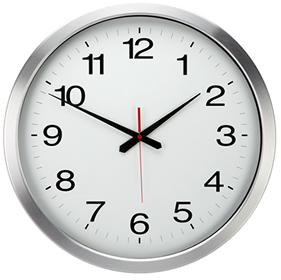Engaged Scholar

Privilege and Working with Community
Privilege affects everyone's ability to participate in partnerships. Regardless of anyone's level of privilege, in the end everyone must be able to work together in a mutually beneficial way.
 In Western cultures, we generally tend to be obsessed with time. Many people seem
to get concerned when they do not know what time it is or how much time has passed
since their last activity. You can see this displayed quite prominently in classrooms.
Students may continually monitor the time with a clock on the wall, a watch, or a
cell phone. With all this focus on time it is hard to imagine life without some kind
of time-telling device.
In Western cultures, we generally tend to be obsessed with time. Many people seem
to get concerned when they do not know what time it is or how much time has passed
since their last activity. You can see this displayed quite prominently in classrooms.
Students may continually monitor the time with a clock on the wall, a watch, or a
cell phone. With all this focus on time it is hard to imagine life without some kind
of time-telling device.
Think about what your life would be like if you didn't have any of those time-telling devices. How would you know when to get up for class or what time your appointment was?
Now think if you are working in a community, and one of the features you notice is that people do not seem to view time the same way as you do. You, as a member of the dominant culture, believe in punctuality, schedules, and agendas. The community partner, however, isn't confined to such beliefs and may believe in letting things happen in a more organic fashion.
How would the two of you be able to work together so that you are respectful of each other's identities and are able to produce the results you are looking for?
Some people would say that the answer is simple and that all you would need to do is to buy the community partner a clock. However, this assumes that others should simply bend to your ideas. It teaches you nothing about working with others and instead allows you to dominate them further. This is a situation where you need to be cognizant and sensitive to people's identities and cultural backgrounds and collaborate, negotiating as necessary to reach 'win-win' solutions.


